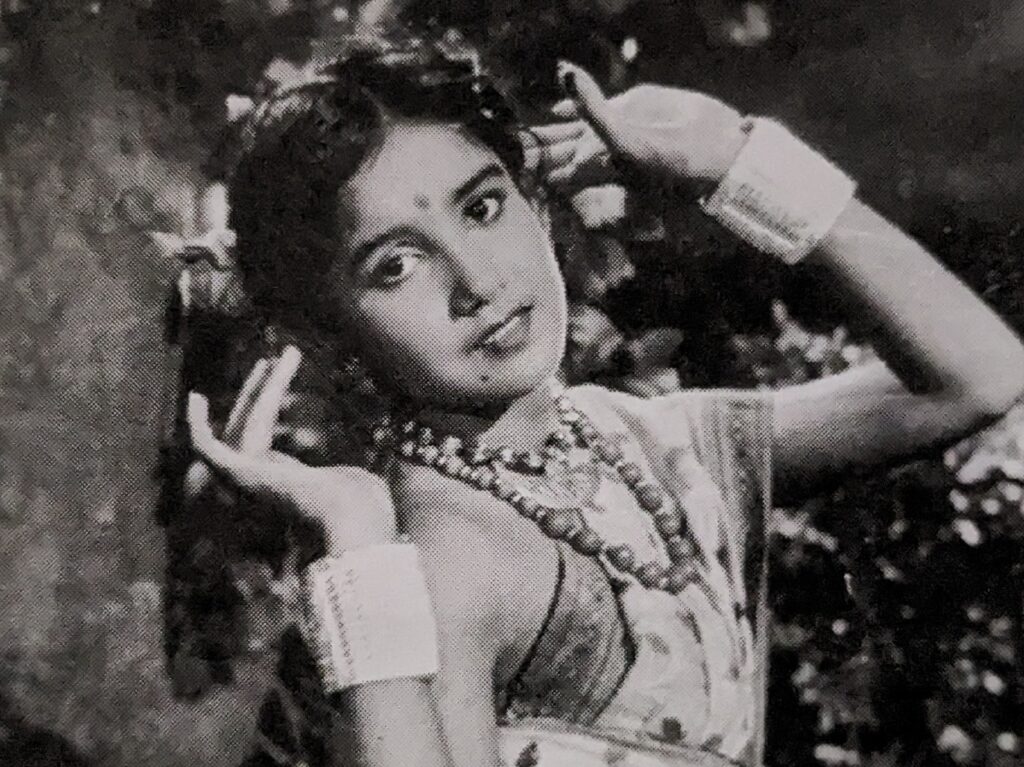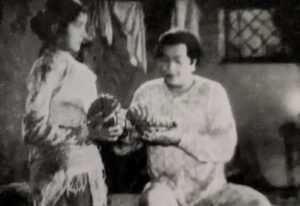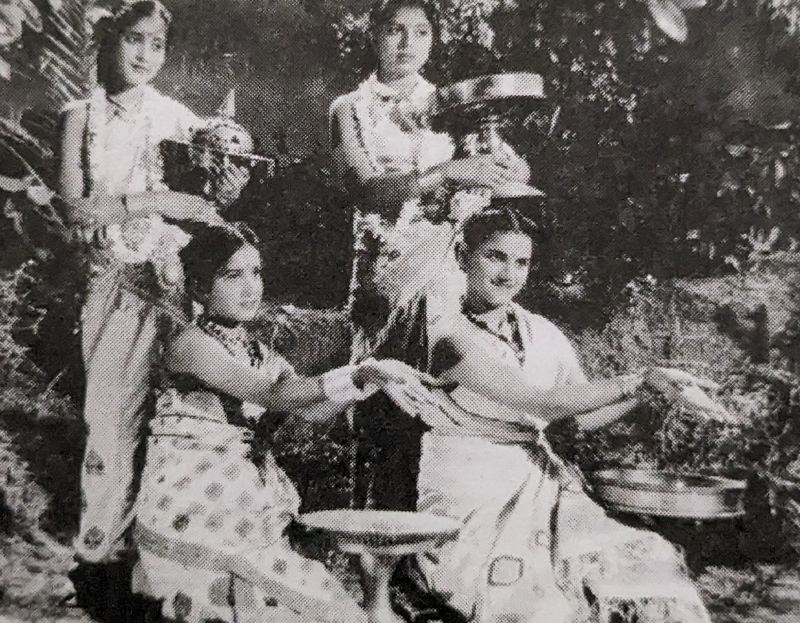
A Walk Down the Memory Lane of ‘Lachit Borphukan’
I had the privilege of being part of the inaugural production of Pragjyoti Kala Mandir, where we worked on the film “Lachit Barphukan.” At that time, I was in the fifth grade and had the opportunity to play the role of Lachit Borphukan’s daughter in the film. It was a special experience for me, as my first acting and dancing opportunity was provided by the talented playwright, director, and actor Prabin Phukan, along with Lakshyadhar Chowdhury, in the film “Lachit Barphukan.”

The shooting took us to Kolkata, where we stayed for about a month. Our group, consisting of about 30/35 artists, including Prabin Phukan, Lakshyadhar Chowdhury, Brajen Barua, Eva Achao, Phani Sarma, Nalin Duwerah, Sarbeswar Chakraborty, Jivesh Chakraborty, Khirdakanta Bishaya, Hiren Chowdhury, Sujit Singha, Angur Barua, Dr. Lakshyahira Das, Dipali Barthakur, Ramen Barua, Beena Das Manna, and Renu Borthakur, became like a family during our time in Kolkata.
In addition to acting, I also had the chance to sing in two chorus songs, complementing the main singers, Ramen Barua, Dr. Lakshyahira Das, and Dipali Barthakur. One of the songs portrayed the army’s preparation in the film, and the other was sung by Lakshhira Baideu. The song was “Ei Matite Moru Jodi Deshor Hoke…”. I even got to dance in lip sync during the shooting of the second song, Lakhyahira Baideu’s “Upoja Xonor Mati O’…”, alongside colleagues Oli Chowdhury, Jutika, Reina Sharma, Aruna Changkakati, and others.

The film featured Sarbeshwar Chakraborty as Lachit Barphukan, with Jivesh Chakraborty as Ram Singha along with Khirdakanta Bishaya, and Syed Chana in other lead roles. Notable personalities like Eva Achao, Angur Barua, Beena Das Manna, Phani Sarma, Prabin Phukan, and Lakshyadhar Chowdhury also contributed to the film. Despite the passage of time, some details have faded from memory, but I remember the film took three years to complete, and it was released in 1961, depicting a significant event in Assam’s history. Following “Lachit Barphukan,” I had the opportunity to act in ‘Shakuntala,’ which was released simultaneously in 1961.
I vividly recall a special screening of the film in Kolkata, where I experienced the unique feeling of seeing myself on celluloid. The release of “Lachit Barphukan” brought immense joy, and I fondly remember sitting with Bhupen Hazarika in the cinema, sharing the moment with special guests from Kolkata.
Amid the tumultuous three years of working on “Lachit Barphukan,” questions from school friends, and the uncertainty of the film’s release, the eventual completion brought a sense of pride and joy. My parents were delighted, and I looked forward to entering the school classroom with a newfound sense of accomplishment. Reading Dr. Bhupen Hazarika’s mention of the film’s release in the ‘Janambhumi’ newspaper added to the joy, even though the collected newspaper, unfortunately, disappeared, depriving me of reliving Bhupen’s generous words.
Translation from the original Assamese article by enajori.org